ROUND POND — If the Bradford family’s life is ever made into a movie, Supertramp’s 1979 hit “Take the Long Way Home” would be a good theme song.
Six years ago, the family of four set sail from San Diego on a journey that spanned three oceans and took them to exotic locations. Tucker Bradford, 42, and his wife, Victoria, 40, both Maine natives, sailed more than 25,000 nautical miles with their children, Ruby, 13, and Miles, 9. They landed in Maine two weeks ago aboard their 43-foot sailboat, Convivia.
Listening to the family tell their tale is like a geography lesson. In nine of the 25 countries they visited, they stayed for a month or more, often to earn money to continue their excursion. Their longest stay was three years in Australia. At times, the trip could be harrowing, such as when their boat needed repairs in the turbulent Indian Ocean.
Victoria home-schooled the children, while Tucker maintained the boat. The children’s lessons included snorkeling in barrier reefs and exploring jungles.
“I loved it because it was fun and epic,” Miles said. “I got to see random monkeys and a boa constrictor. The monkeys ate my potato chips. But I scared them off with my squirt gun.”
The Bradfords’ adventure required a leap of faith. Tucker left his job near San Francisco in information technology at the SETI Institute, a nonprofit scientific research center. In a blog he kept during the trip, he lists the uncertainties of embarking on such a journey, chiefly walking away from a job of 10 years, liquidating some retirement funds and “the omnipresent possibility that our tiny home and everything that we own might be destroyed by the force of nature.”
Yet he also wrote: “It just seems (we are) living the life we were made to live.”
Tucker was born in Damariscotta, grew up in Washington, D.C., and Massachusetts, and summered in Maine. Victoria grew up in Kennebunk. She realized at age 16 she wanted to sail around the world after a course at Outward Bound, and Tucker knew from summers sailing with his dad, Vern, on their 26-foot sailboat off Round Pond in Muscongus Sound along Maine’s midcoast.
They met when Victoria was at College of the Atlantic and Tucker was in Bar Harbor, and she followed him to Vermont. By the time they started a family in San Francisco several years later, their dream of sailing across the globe already had begun.
They bought their first sailboat in 1999. The longest excursion they took before their global journey was a 10-day trip to the Virgin Islands.
“I used to talk about this with my dad sitting in our cottage in Round Pond,” Tucker said. “He wanted to do this. My parents like to plan. We took their plan.”
Convivia, their third boat, was named for a Latin phrase that means “with life,” a name that had deeper meaning.
“Its connotation is a festive gathering around food – a feast,” Tucker said. “It also sprung from the word convivial, all of which appeals to our family ethos.”

EXPLORING THE SOUTH PACIFIC
Miles and Ruby slept in bunks in an open area of the cabin; their parents slept at the bow in a berth. The galley, or kitchen, had a refrigerator and freezer, sink, stove and oven, all beside a sitting area, or saloon, which could comfortably seat six.
They stored food in two lockers, and removed the hot-water heater to provide additional storage – and in Victoria and Tucker’s berth (or bunk). When they began the trip, Victoria said it carried 750 pounds of food – so much food that the parents slept in the saloon at first.
Tucker, Miles and Ruby all have celiac disease and require a gluten-free diet. At times they would pack more food than a typical crew to assure they wouldn’t get sick.
They set sail from San Diego in 2011 and lived for five months in Mexico, before making a 24-day crossing of the Pacific Ocean. In the South Pacific they explored French Polynesia and countries like Fiji and Vanuatu, where Tucker walked inside a volcano.
In Samoa they went to see the Robert Louis Stevenson house after Miles asked if he could meet the Scottish poet. Victoria and Tucker did the next best thing, and took their children to the home and burial site of the author of “Treasure Island.”
“His poetry is wonderful if you’re a boy who loves to be outside,” Victoria said. “Samoa was a bit of a surprise, but this trip is about experiential learning. When we had an opportunity, their interests were a priority.”
AN EXTENDED STAY DOWN UNDER
In Australia, they laid down temporary roots and put the children in school. Tucker got a job building a crowdfunding platform for a conservation group while Victoria worked as a confectioner.
The stay in Brisbane, Australia, was a high point since they found it a welcoming and clean city with free buses, free parks, free museums and kind people.
Here Miles developed an Australian accent as his vocabulary expanded. But more exotic lands lay ahead, so when their three-year visas ran out, they left for Southeast Asia.
In Indonesia, Malaysia and Thailand, life was harder than Australia in many ways. It could take a day or more to clean laundry or find groceries. But they made sure to stop and reflect.
“We came up with a term – ordinary-extraordinary,” Tucker said. “We would get frustrated with normal things, like doing the laundry. Then we’d stop and think about where we were, and we’d focus on gratitude.”
For his eighth birthday Miles asked to see dragons, so they went to Komodo National Park in West Nusa Tenggara in Indonesia to see Komodo dragons.
In the end, they fell in love with Thailand, Indonesia and Malaysia for their natural beauty, the generosity of the people and the fresh fruit.
“There are many places we are homesick for,” Victoria said. “In Indonesia it’s the food, the architecture, the human diversity. In Thailand all of us could eat dinner for $12, and eat well.”

The Bradford family, clockwise from top, Tucker and Victoria and their children, Miles, 9, and Ruby, 13, on their sailboat, Convivia, moored in Thailand.
‘THE MEANEST OCEAN IN THE WORLD’
Then, in the Indian Ocean, with the wind blowing 30 to 35 knots (or more than 30 mph) and 13-foot waves rocking the boat, part of the standing rigging that supports the mast broke loose. They had more than a six-day journey ahead and not enough fuel to get to the next island.
“It was pretty harrowing. And we were in the meanest ocean in the world,” Tucker said.
He used a high-tech rope to lash down the rigging until they got to Mauritius, off the southeast coast of Africa, where he could buy new rigging.
It was the worst of the breakdowns, but Tucker said it was par for the course. Convivia went through three water pumps, five faucets and three toilets, among many things.
“I was repairing the boat from the moment it left the dock in California,” Tucker said.
But the family had good fortune with their health. The worst medical emergency took place in Brisbane, where they had comprehensive health insurance with their visas. So when Miles cut his finger open and needed to be rushed to a hospital, it ended well.
“If that had happened in a Third World country, it would have been scary,” Tucker said.
In the fall of 2016 they made it to Africa, where the children climbed trees with lemurs in the jungles of Madagascar, and met a South African bookseller who was an expert in children’s books. They visited island countries that were among the most beautiful places they dropped anchor.
BACK TO WHERE THE DREAM STARTED
Everywhere, they lived simply, ate healthful diets and enjoyed everyday pleasures. They bartered with hand signals, trading cotton T-shirts, snorkels or pencils for mangoes and vegetables.
“One time we were offered a 3-foot-long baby crocodile,” Tucker said. “I said, ‘I’m impressed, but no, thank you.’ ”
They finished with stops in the Caribbean and the Bahamas before landing in Maine on June 27.
They will not estimate the cost of the trip, only to say that it costs everything you have.
“You just go until you don’t have any money left, then everyone stops and works again,” Tucker said.
He picked up odd jobs as they went. Mostly they spent money only on the boat, repairs, food and limited entertainment.
Certainly, their odyssey was unusual for a young family, but not unique. On their voyage, they befriended 16 other cruising families with small children. Tucker said these kindred spirits form a worldwide community that welcomes you with dinner when you meet, and helps fix your boat before you part.
At no point did they consider leaving Convivia. Round Pond was always the end destination.
“Even when we got to Portland, we weren’t done,” Tucker said. “Round Pond is where the dream started, where Vic and I spent summers talking about the route we’d take back here.”
Last week at Round Pond, Convivia’s journey was a cause for celebration among the larger Bradford clan.
“I have to say that Tucker’s mother and I often wondered if this was the best idea,” said Vern Bradford of Winchester, Massachusetts. “We thought of the dangers of drug gangs in Mexico, pirates in the South Pacific, children getting sick, the difficulties of teaching young children without formal training, and so on. But, I suppose, if parents’ worries were honored, the pioneers never would have settled the West. Now I am just immensely proud of Tucker, his wife, Victoria, and Ruby and Miles for their many accomplishments, their bravery and determination, and for living my dream for me.”
STAYING FOR A YEAR IN MAINE
Tucker and Victoria promised their children they would live for a year in Maine so they can know their grandparents and relatives. The family will live on their boat in Portland Harbor while the children attend school.
Last week, as relatives buzzed around the boat waiting to see them, Ruby talked with excitement of the drama club and rock-climbing courses she’ll take in Portland, but also of what she leaves behind.
“I will miss the dolphins and blacktip sharks,” Ruby said. “They’re super friendly. They play tag with us, they nudge us. But they’re too fast to catch.”
Miles also will miss the outdoor adventures. The high seas, storms and ocean crossings never fazed him, he said.
“I was asleep the whole time,” he said with a shrug. “They’re just big waves.”
Deirdre Fleming can be contacted at 791-6452 or at:
dfleming@pressherald.com
Twitter: FlemingPph
Send questions/comments to the editors.


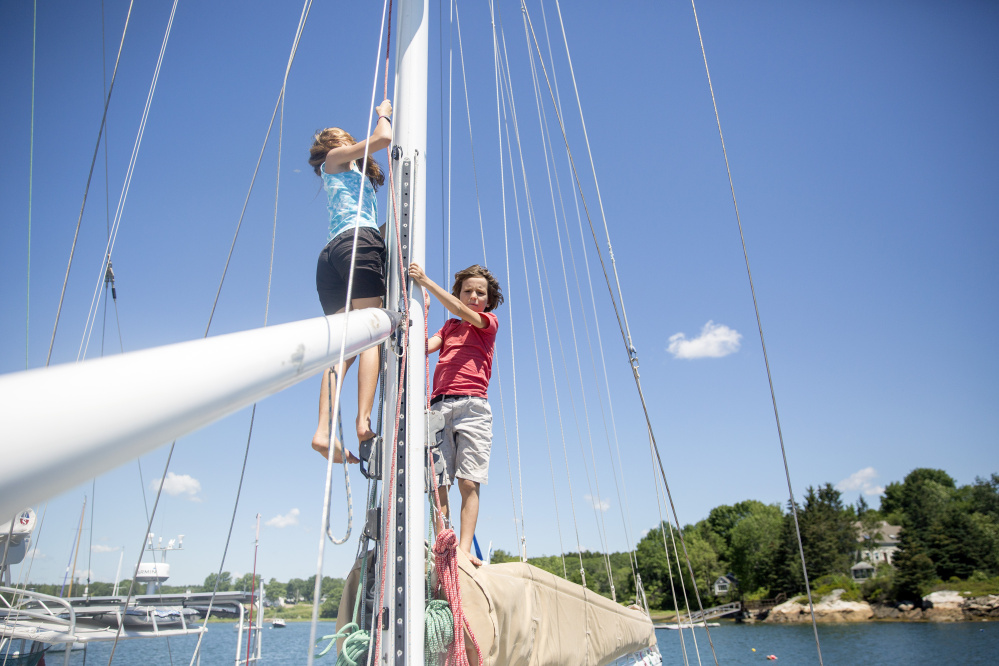
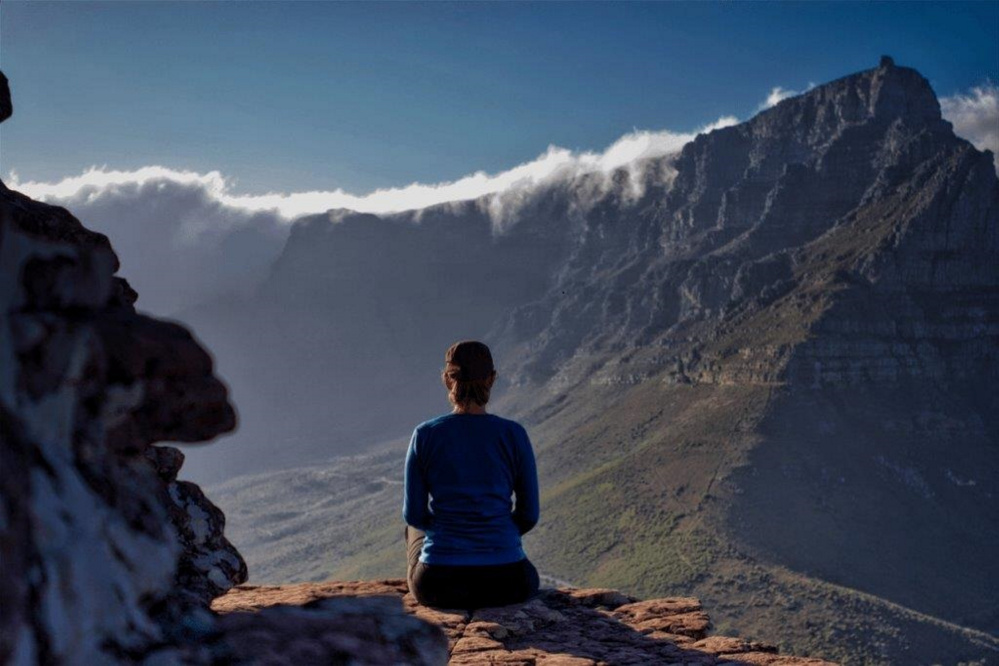
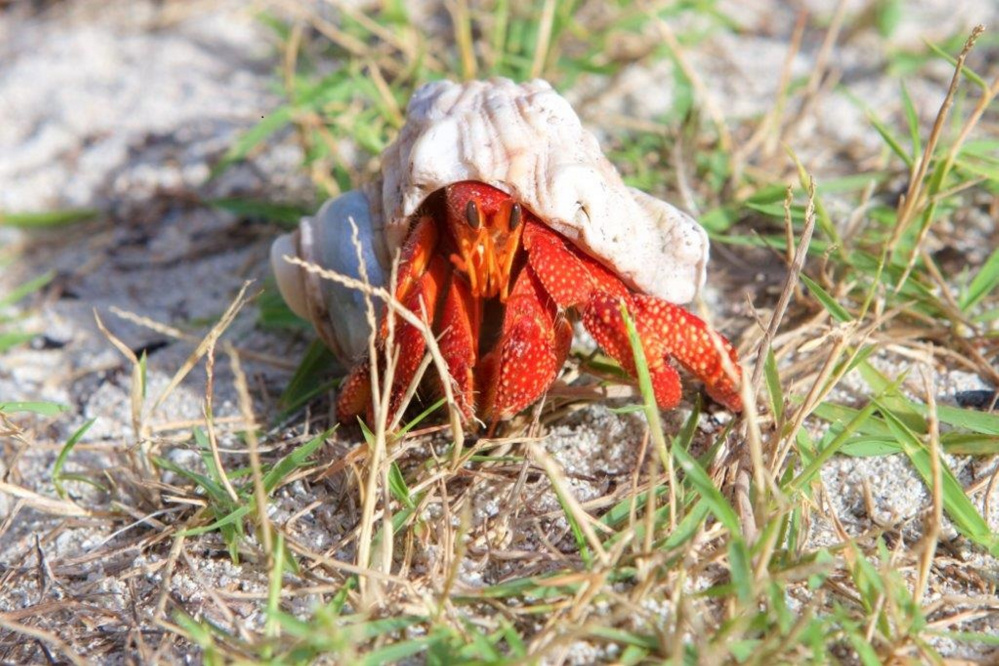
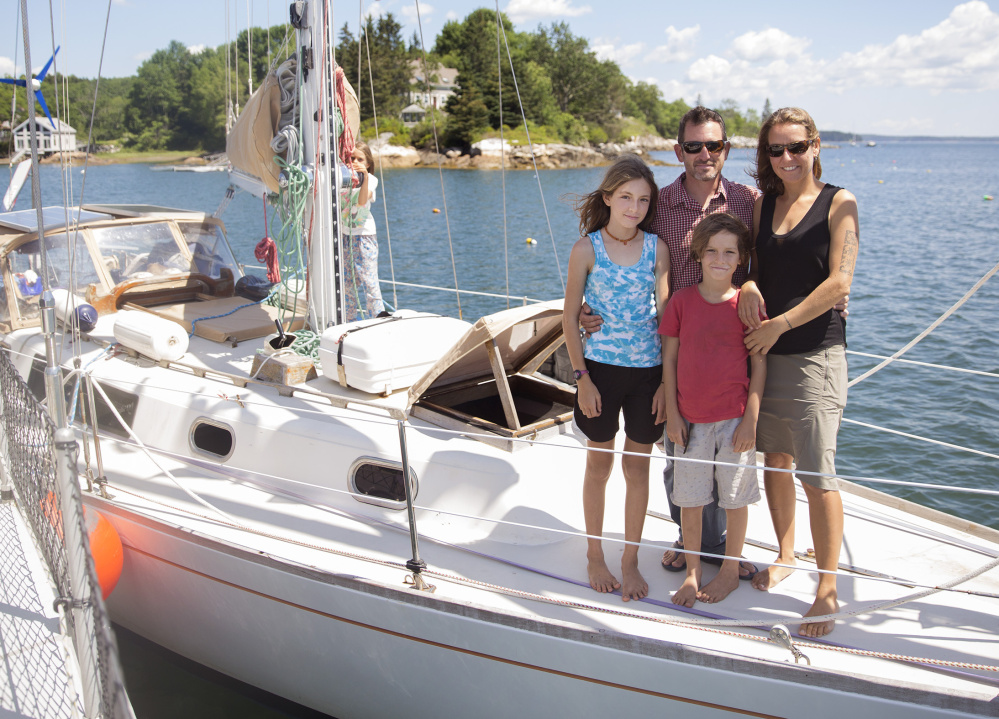
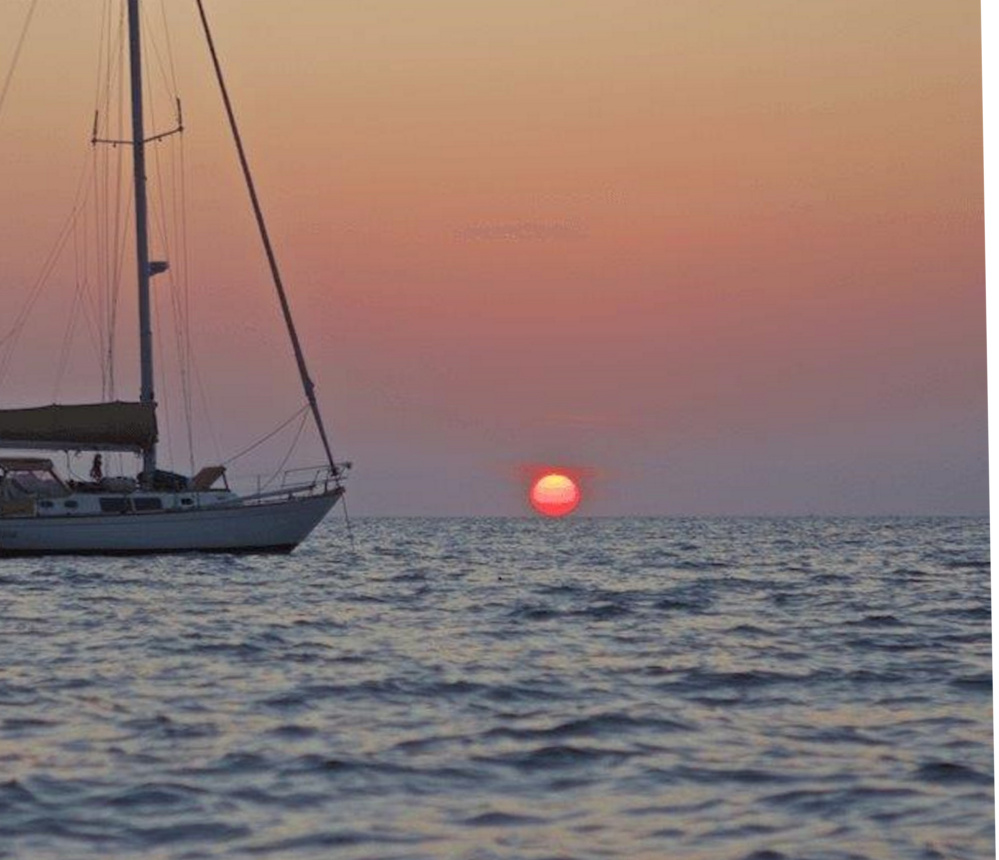

Success. Please wait for the page to reload. If the page does not reload within 5 seconds, please refresh the page.
Enter your email and password to access comments.
Hi, to comment on stories you must . This profile is in addition to your subscription and website login.
Already have a commenting profile? .
Invalid username/password.
Please check your email to confirm and complete your registration.
Only subscribers are eligible to post comments. Please subscribe or login first for digital access. Here’s why.
Use the form below to reset your password. When you've submitted your account email, we will send an email with a reset code.